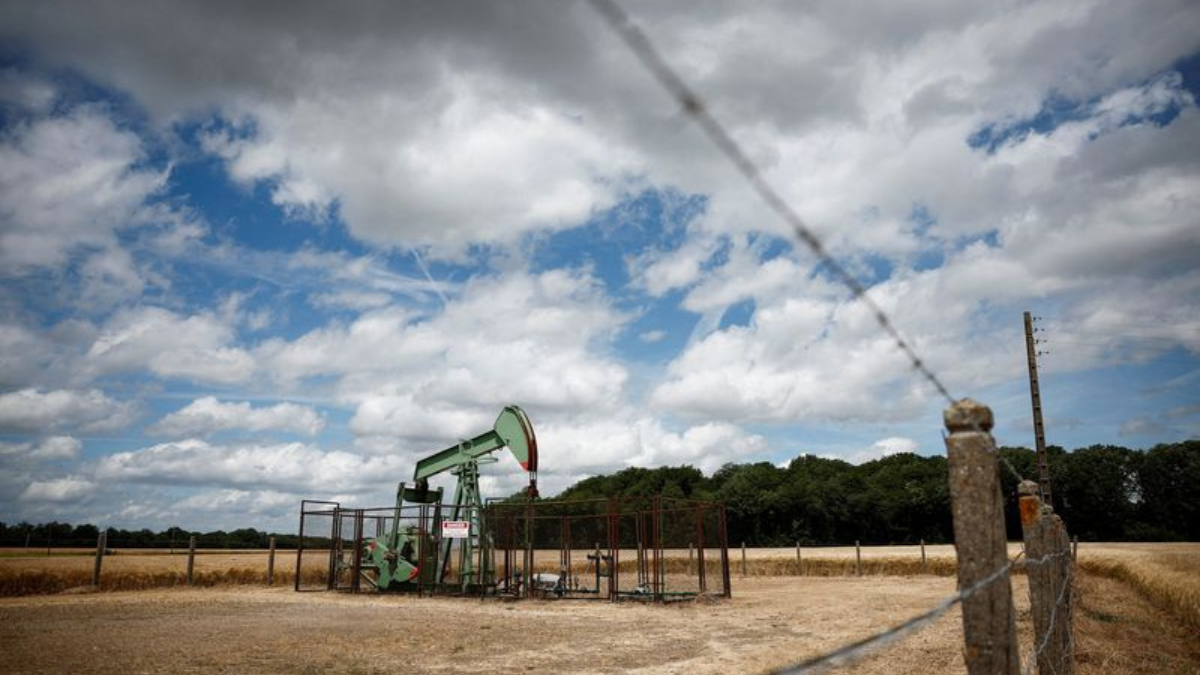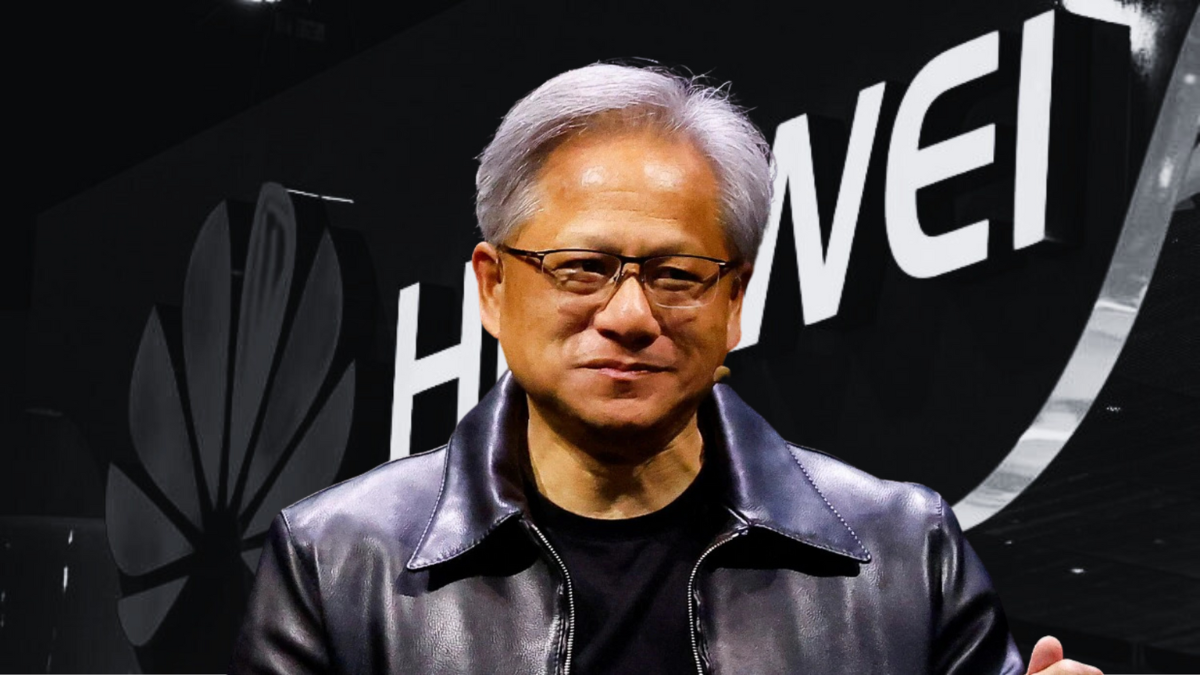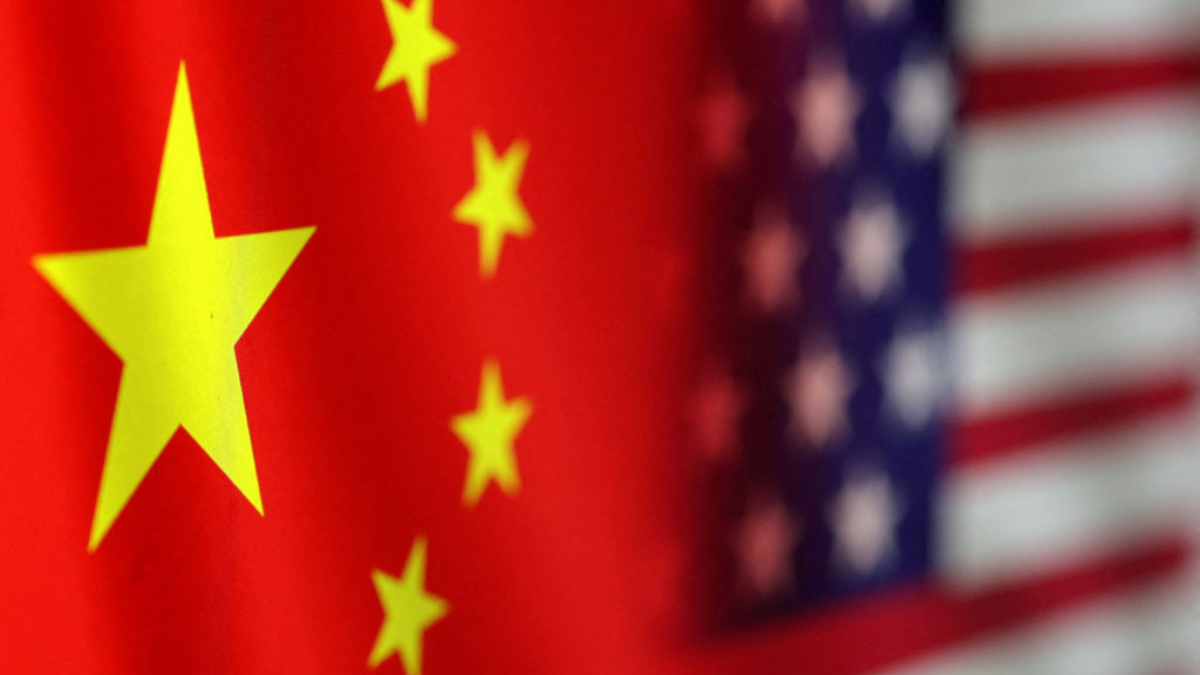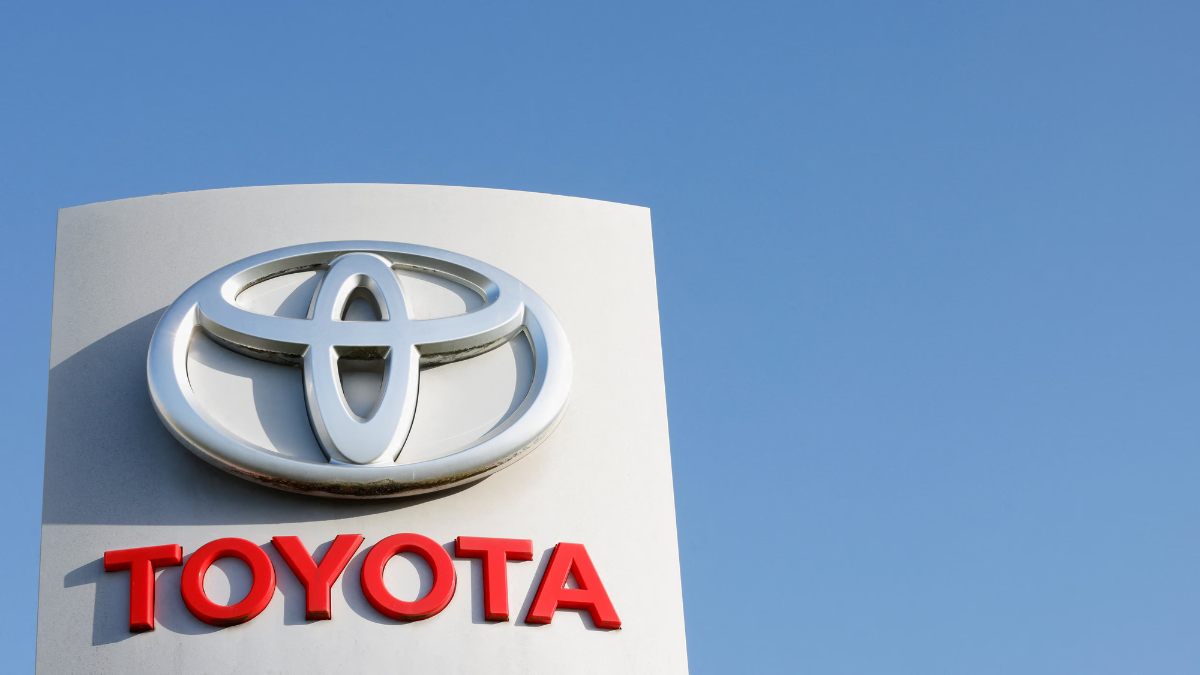The End of an Era? Porsche’s China Sales Crash as Local Brands Rise
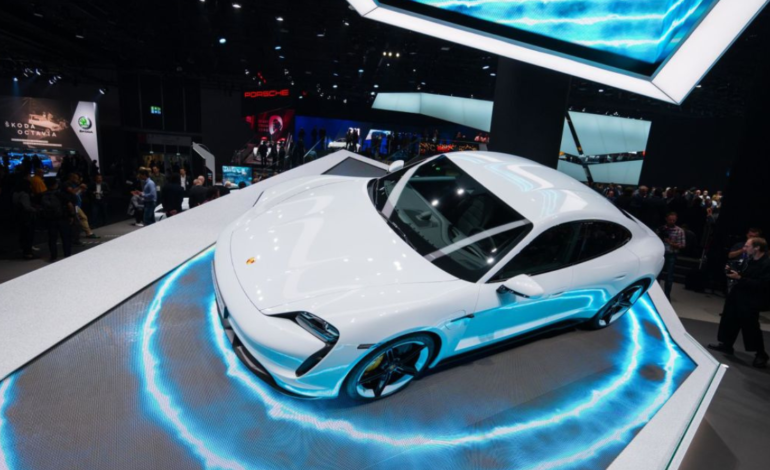
Porsche’s declining sales in China signal a watershed moment for the global auto industry. Once a symbol of aspirational wealth in the country, the German marque saw deliveries drop by 15% year-on-year in Q1 2025—part of a broader 22% slump for foreign luxury brands. Meanwhile, Chinese automakers like BYD, Li Auto, and Aito posted record growth, cementing their takeover of the premium market they once ceded to European imports.
Why Porsche Can’t Keep Up
Three critical factors explain Porsche’s struggles:
-
Tech Gap: Chinese EVs offer Level 3+ autonomous driving, vehicle-to-infrastructure connectivity, and AI assistants—features Porsche reserves for future models.
-
Cultural Resonance: Domestic brands leverage Chinese aesthetics (e.g., Hongqi’s “Eastern Luxury”) and social commerce strategies alien to Porsche’s global playbook.
-
Cost: Local production and battery supply chains let Chinese brands undercut Porsche by 30–50% on similarly equipped vehicles.
The Broader Implications
China contributes ~40% of Porsche’s global profits, making this downturn existential. The brand plans to accelerate local EV production and partner with tech firms like Tencent, but analysts warn it may be too late. “Chinese consumers now see Porsche as a legacy brand, not a leader,” says Shanghai-based analyst Ming Lu.
What’s Next?
Porsche must decide whether to compete on price (risking brand equity) or double down on performance EVs—a niche where China’s startups are already catching up. One path forward: leverage its motorsport heritage for limited-edition China-exclusive models with hypercar tech.

